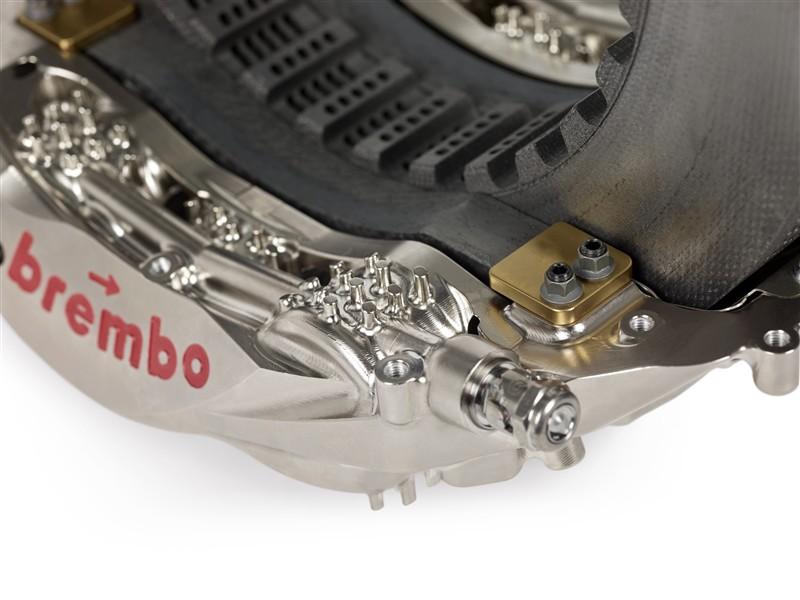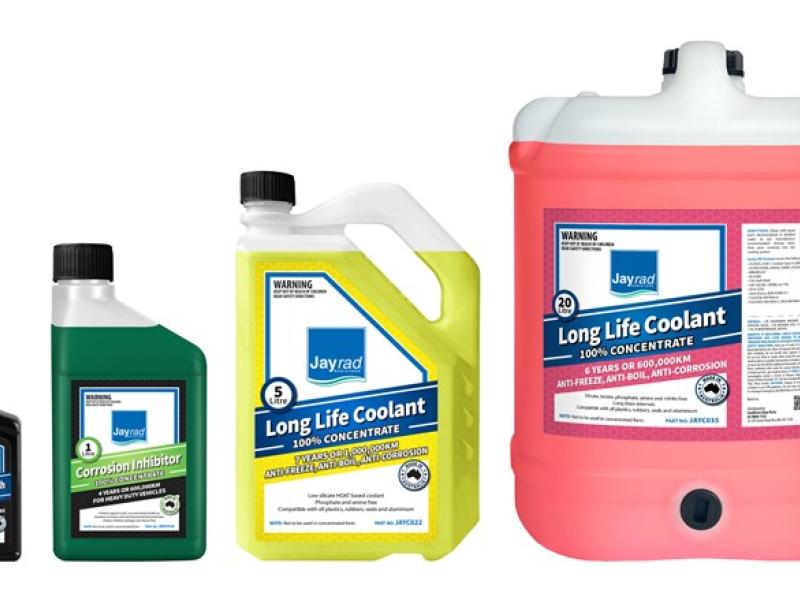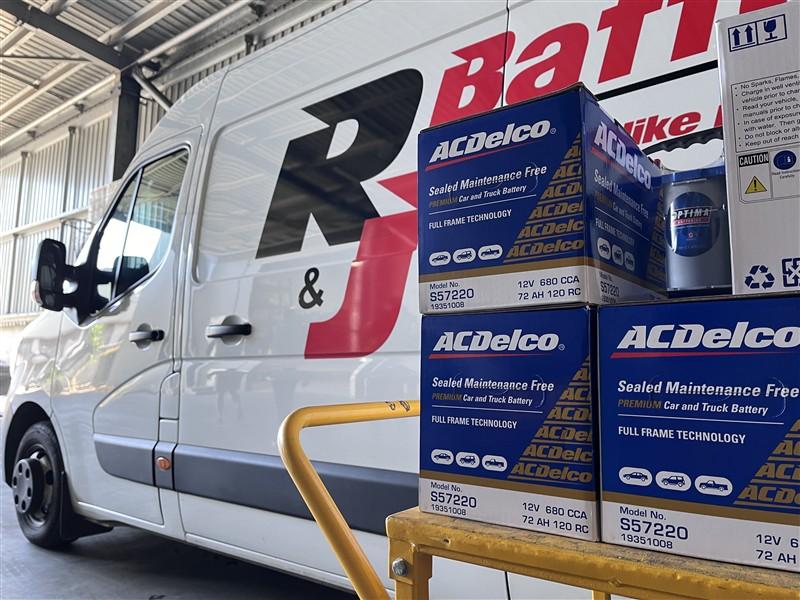Battery development is progressing at an awesome pace as car manufacturers in particular seek batteries which are lighter, charge quicker, and hold more and more charge for each gram of their mass so electric vehicles can travel further and faster between charges, and can recharge more quickly, too.
The ordinary lead-acid battery has given way to nickel cadmium, which in turn has been replaced by nickel-metal-hydride. And now more cars are being equipped with lithium ion batteries (although there are heat problems to overcome), and the new buzz is lithium-sulphur.
Down the line even more development work is taking place in the nano arena, and tiny batteries which offer immense potential are being made to work in the laboratory.
Being involved with batteries has, in fact, become something of a glamour job in some respects, and the Holy Grail is a battery the size of a normal lead-acid starter battery which will take you from Auckland to Wellington on one charge!
However, getting your feet back on the ground for a minute, this is starting to present new challenges for the battery replacement sector, with new technologies placing greater demand on workshops and battery specialists to ensure the right replacement product is installed.
This is especially so with vehicles fitted with stop-start systems designed to save fuel.
These batteries are different to the ordinary starting batteries fitted to most cars, although they look the same from the outside.
However, fitting an ordinary lead-acid battery designed to operate a car without stop-start would be the same as fitting a water pump instead of an oil pump.
A normal car battery is designed to start the engine a couple of times a day, on average, with a reasonable time between re-starts for the battery to recover some of its charge.
A battery designed for a car with a stop-start system, however, may be required to re-start the engine 10 or 20 times – or more – in a normal commute, especially where the traffic is shuffling along as especially found on the dreaded on-ramp traffic lights which abound in Auckland, and in rush-hour traffic in other major cities.
So it’s obvious that if you fit a normal car starter battery when a special stop-start battery is required, it’s quickly going to fail, with disastrous consequences for both the customer and your reputation!






